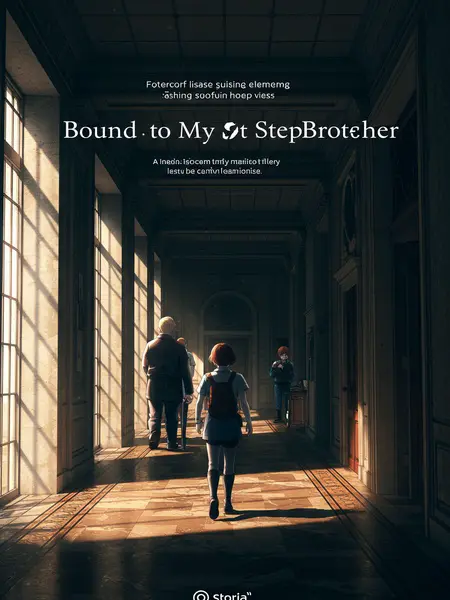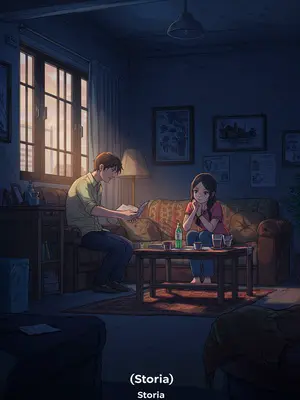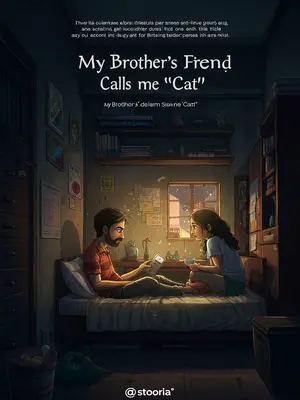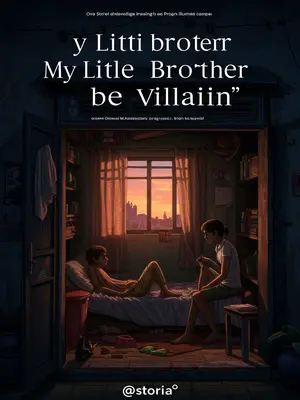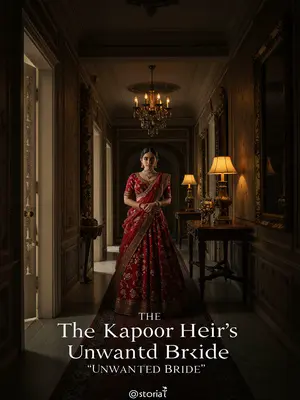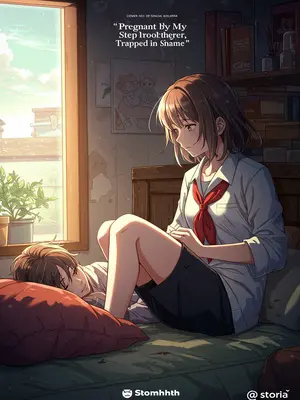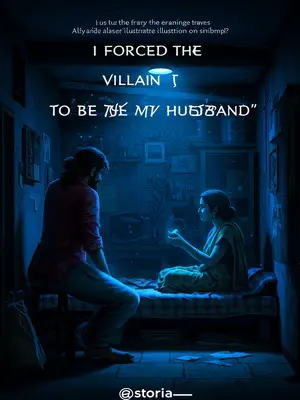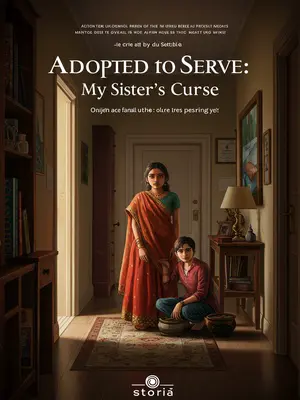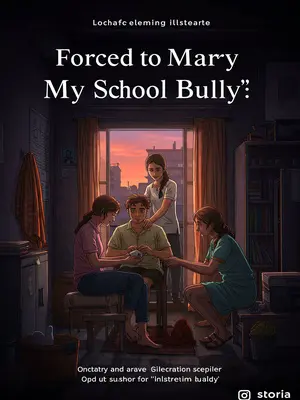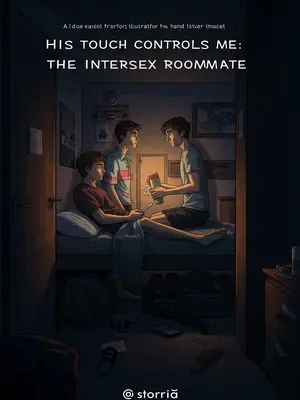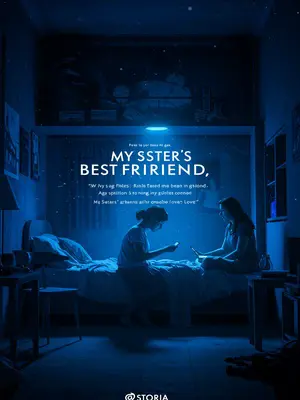Chapter 1: The Odd Girl and the Porcelain Boy
He had autism.
Sometimes, in our Mumbai colony, people would stare—whispering, "Woh upar wale ajeeb ladka," as we passed by. But I kept my face stony, never letting their gossip touch me. Amid the million sounds—pressure cookers shrieking, children arguing across balconies, the sharp tang of garam masala in the air, and the distant clang of the Dadar local—Arjun’s world stayed untouched, silent.
When I forced a kiss on him, he never complained. He’d just glare at me, eyes red and raw.
His gaze would bore into me, and my throat would close up for a second. Still, I’d toss my hair back, pretending I didn’t care, swallowing the tremble in my chest. Sometimes, as he wiped his mouth with trembling hands, I’d see a flicker—confusion, hurt—behind the anger. My fingers would fidget with the hem of my kurti, a bitter taste rising in my mouth.
When I caged him like a parrot, he’d only sob quietly.
His sobs would seep through the thin flat walls at night, mingling with the distant call of the chaiwala and the jingle of a neighbour’s keychain. I’d stand outside our bedroom, nails digging into my palms, torn between wanting to comfort him and the ugly heat of resentment. Sometimes, my eyes would stray to the cracked family photo above the shoe rack, grounding me in my helplessness.
We hated each other, or so I told myself.
But every time he looked away, there was a hollow ache in my gut that wouldn’t go, no matter how much I screamed into my pillow or blasted the TV to drown it out. Even after throwing the remote at the wall, the emptiness stayed.
Much later, on a chilly Pune night, I was just two hours late coming home.
It was one of those nights where the chill seeps through the walls, the marble floor freezing under my feet. My phone battery was dead; traffic was a mess. By the time I reached, the chowkidar was snoring under his faded shawl, his radio playing some old Lata Mangeshkar tune.
Arjun had called me again and again.
As soon as I plugged in my phone, a mountain of missed calls and desperate WhatsApp voice notes blinked on the screen. Each one sounded more frantic than the last—relatives dropping good morning flower GIFs, someone forwarding a Baba Ramdev video, and in between, my mother’s photo of a broken vase.
In those muted, awkward voice notes, Arjun’s voice stuttered:
"Tina... Tina... aa jao... come back..."
It sounded like a child lost at a Ganpati mela, searching for his mother. Even in the dark, those words wrapped around my heart, refusing to let go.
1
The year I entered the Mehra family, after Maa remarried, I went from being pampered to being a misfit.
One day I was queen—Nani’s gold bangles jingling on my wrists, Amma fussing with my oiled braids, Sudoku and hot samosas from the tapri downstairs. Next, I was in a giant bungalow with too many rooms and not one person who spoke my language.
I hated Maa for loving someone else. I hated my stepfather’s coldness, and I hated Arjun most—no matter how I bent over backwards, desperate for even a nod, he never softened.
Maa’s eyes flitted everywhere, searching for approval from invisible corners. My stepfather, Raj Mehra, hid behind his Economic Times, barely nodding at breakfast. But Arjun—his blankness, his refusal to see me—stung worst. No polite smiles or sweetened chai could thaw that wall.
I loathed every one of them, to the bone.
Sometimes I’d stand on the balcony, listening to the mandir bells and the azaan drifting from far away, wishing for a life where Maa didn’t flinch, and I wasn’t just a blurry face in the family photo.
So I found a way—I forced a marriage and married Arjun.
It was scandalous, even for us. The colony buzzed—Mrs. D’Souza in 4B, the Kirana uncle, all weighing in. But I was stubborn, and for once, I had power. Maa pleaded, but I dug in my heels.
But I also loved him.
Maybe it was childish, maybe mad, but somewhere deep, the idea of Arjun being mine—just mine—made my pulse race. A desperate love, the kind you get only if you’ve grown up lonely.
From the first moment, I was smitten by Arjun’s looks. Delicate features, pale skin, sitting quietly in his crisp white shirt. Like the porcelain doll I’d treasured and locked away after it cracked.
Sometimes, he’d sit by the window, knees to his chest, tracing invisible patterns on the foggy glass. His hair always fell perfectly; I’d stare, half wanting to smooth it, half wanting to yank it. He was fragile, unreachable, like that doll I could never fix.
Every day after marriage, I pampered him like a rani—chai, water, helping him dress, even wanting to feed him myself.
Our home always smelled of elaichi and cinnamon, Maa’s old shawl thrown over the sofa, pressure cooker whistling in the kitchen. I’d fuss over Arjun every morning—ironing his kurta, adjusting the collar, tucking his favourite book by his breakfast, as if these small things could build a bridge.
But at night, I treated him like a prized racehorse—
Sometimes, my affection twisted into possession. I’d pull him close just to see if he’d push back; I’d whisper things that made him stiffen and scoot back till his back hit the wall, fists bunching up the bedsheet like a scared schoolboy. The nights simmered with tension, unspoken and electric.
